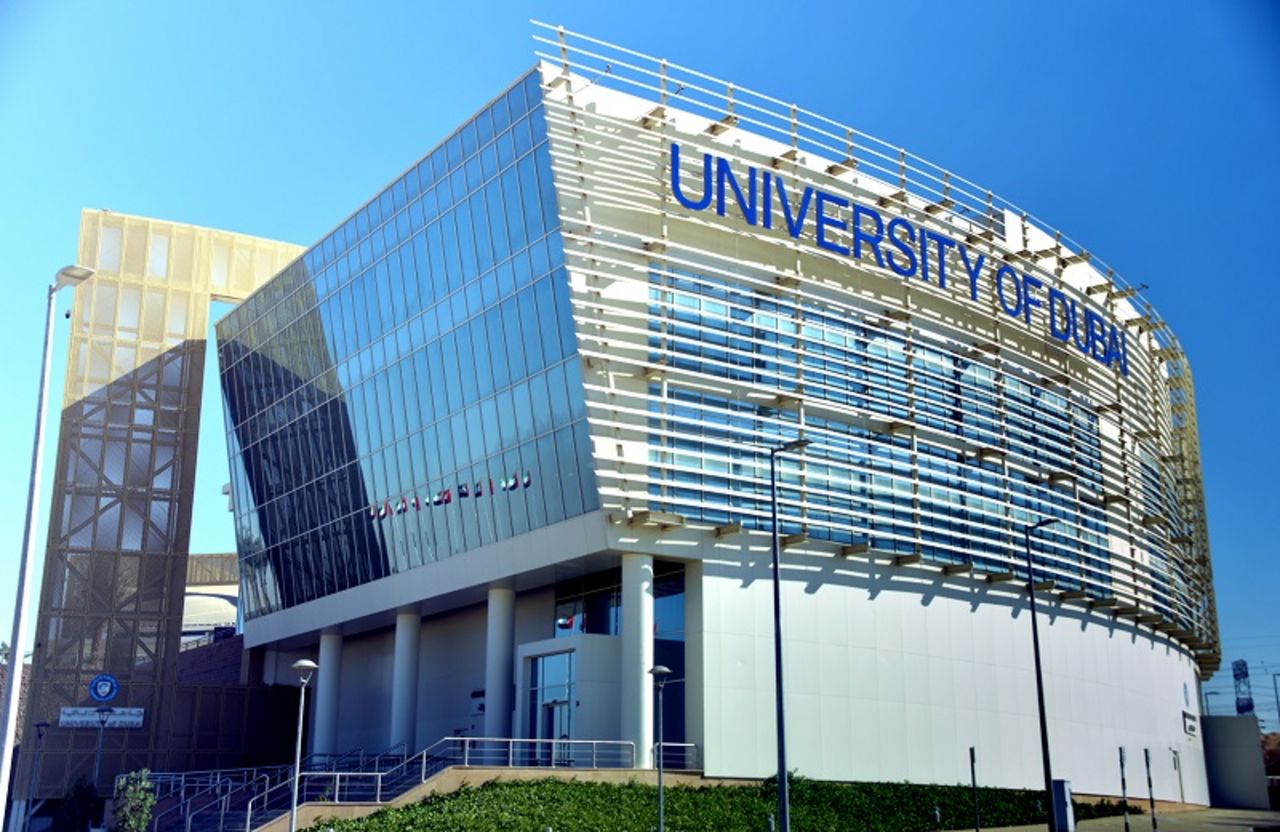University of Dubai
Partner University of HSBA
About the University of Dubai
Are you looking to spend your semester abroad in one of the world's most dynamic cities? The University of Dubai offers a unique blend of modern education and insights into the rapidly growing economy of the United Arab Emirates.
The University of Dubai is renowned for its excellent programs in Business, IT, and Engineering, which adhere to strict international standards and help you become globally competitive. The teaching methods are designed to encourage critical thinking and practical skills, preparing you optimally for the challenges of the global market.
Campus life at the University of Dubai is equally enriching, with a wide range of student clubs, state-of-the-art facilities, and an active network for about 280 international students. Plus, you're in the heart of Dubai, a city known for its architectural marvels, cultural diversity, and unparalleled lifestyle.
Take the opportunity to study at the University of Dubai and benefit from top-notch education in one of the most exciting places in the world. Your semester here will be not only educational but unforgettable!
Link to University of Dubai website
Link to page for Exchange Students at University of Dubai
Interested in a semester abroad at this institution? Please contact the HSBA International Office at international(at)hsba.de and request access to the "Outgoings" team where you will find relevant information on this destination such as semester dates, course lists, experience reports, the number of places available and more.

